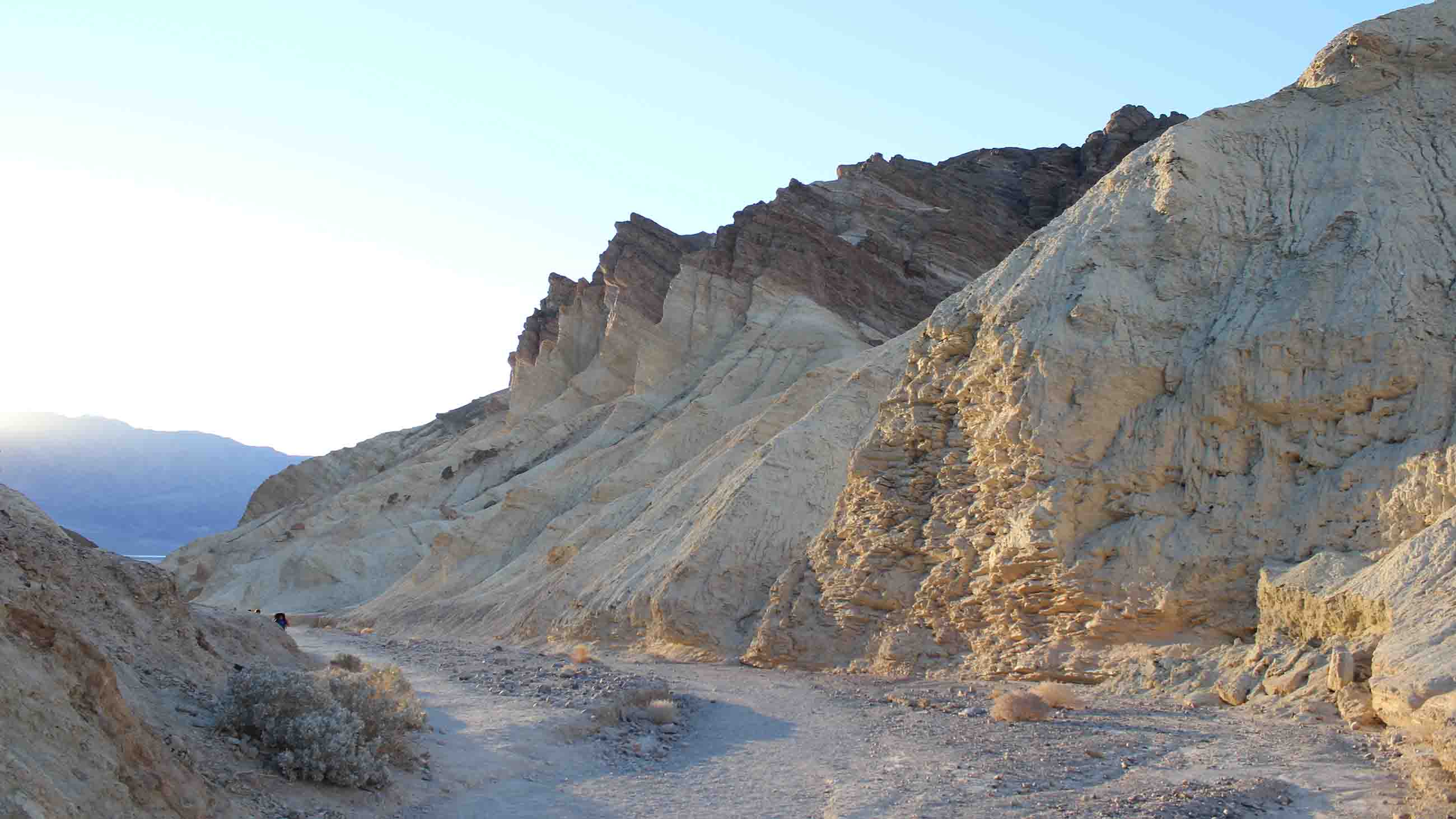Abstracts: Flying Mammals, Hot Nights, and More
• During the Age of Dinosaurs, ancient mammals roamed the skies. Scientists have discovered two new species of mammals that climbed trees, sat on branches, and flew out of reach of predatory dinosaurs, confirming that mammals during this period were much more advanced and diverse than previously thought. (New York Times)

• Death Valley experienced its hottest month ever recorded in July, with an average temperature of 107.4 degrees Fahrenheit, primarily due to unusually warm desert nights. The National Weather Service declared it the hottest month recorded in the Western Hemisphere, and weather historian Christopher Burt believes it was also the hottest month in world history. (High Country News)
• More Americans — especially women, minorities, and Americans over 65 — drink heavily and are dependent on alcohol, according to a new study comparing survey results from 2001‒2002 and 2012-2013. The study’s authors believe the findings indicate a nationwide “public health crisis.” (Science News)
• Ancient engraved bones discovered in Britain reveal that early humans there engaged in cannibalism at least partially for symbolic purposes. Researchers examining the bones found decorative patterns that were etched into them before the marrow was consumed, likely as part of an intentional death ritual. (The Guardian)
• Solar power is dominating the sunny island of Kauai, thanks to energy-conscious, ambitious residents and recent investments made by Tesla. The island’s electric utility achieved 50 percent renewable energy by the end of 2016 and is on track to get to 70 percent renewable energy by 2030 as a result of solar power. (Grist)
• Across the world, people are biased against atheists, especially in highly religious societies — but even in largely secular ones. A new report found that people are more likely to think that serial killers are atheists than religious believers. (New York Times)
• Some rural parts of California are considered “treatment deserts” when it comes to opioid dependence. As a result, those who are dependent on opioid painkillers and heroin must travel far distances to obtain medication-assisted treatment. (STAT)
• And finally, a 13-million-year-old ape skull recently found in northern Kenya provides one of the most complete pictures of an extinct ape species that is a common ancestor of both modern apes and modern humans. (Washington Post)









